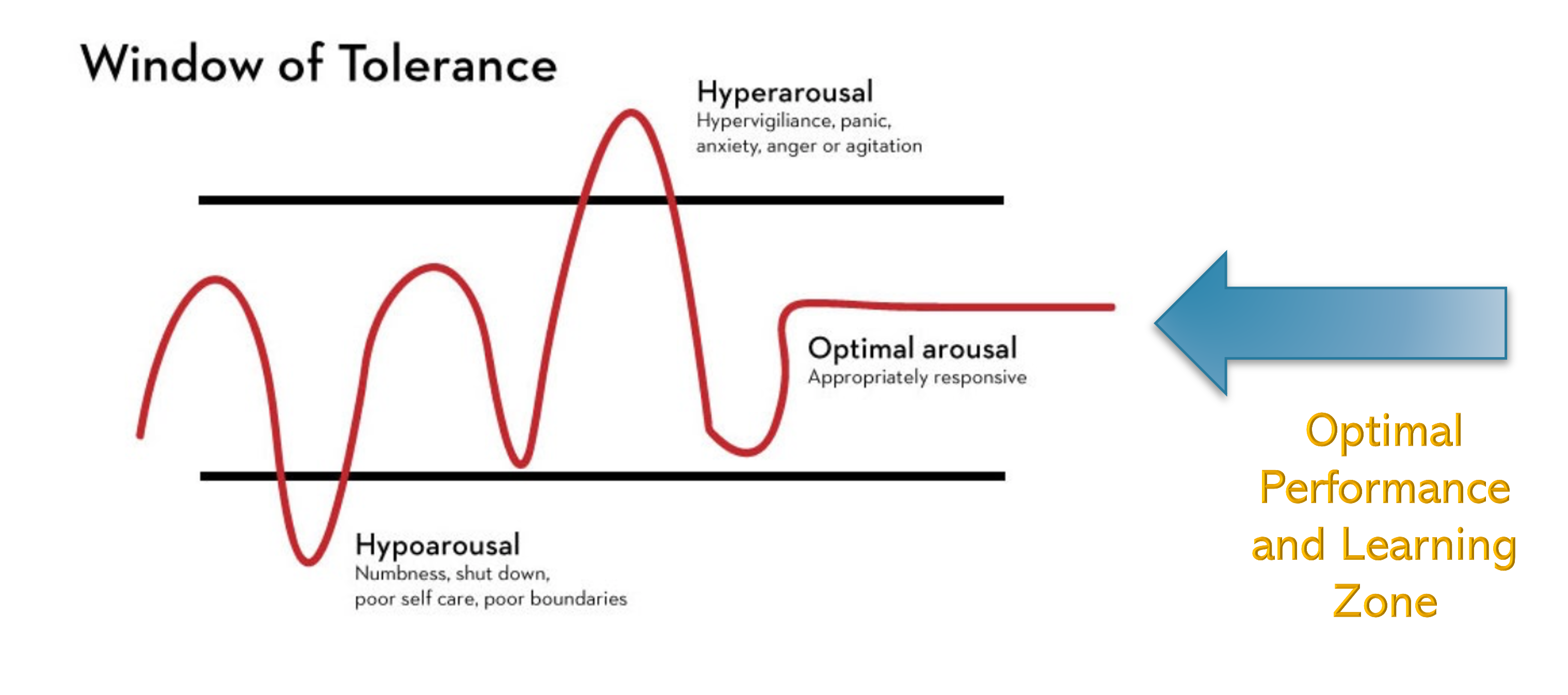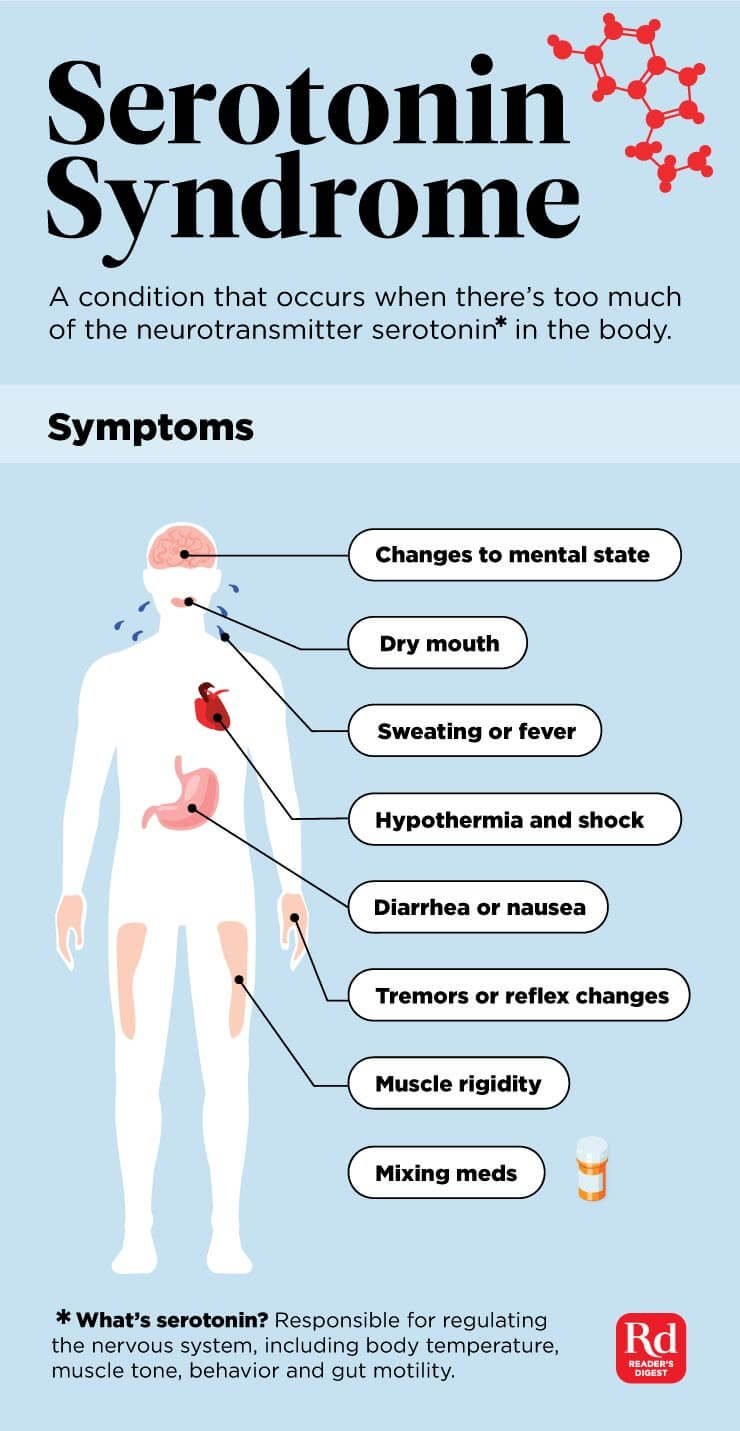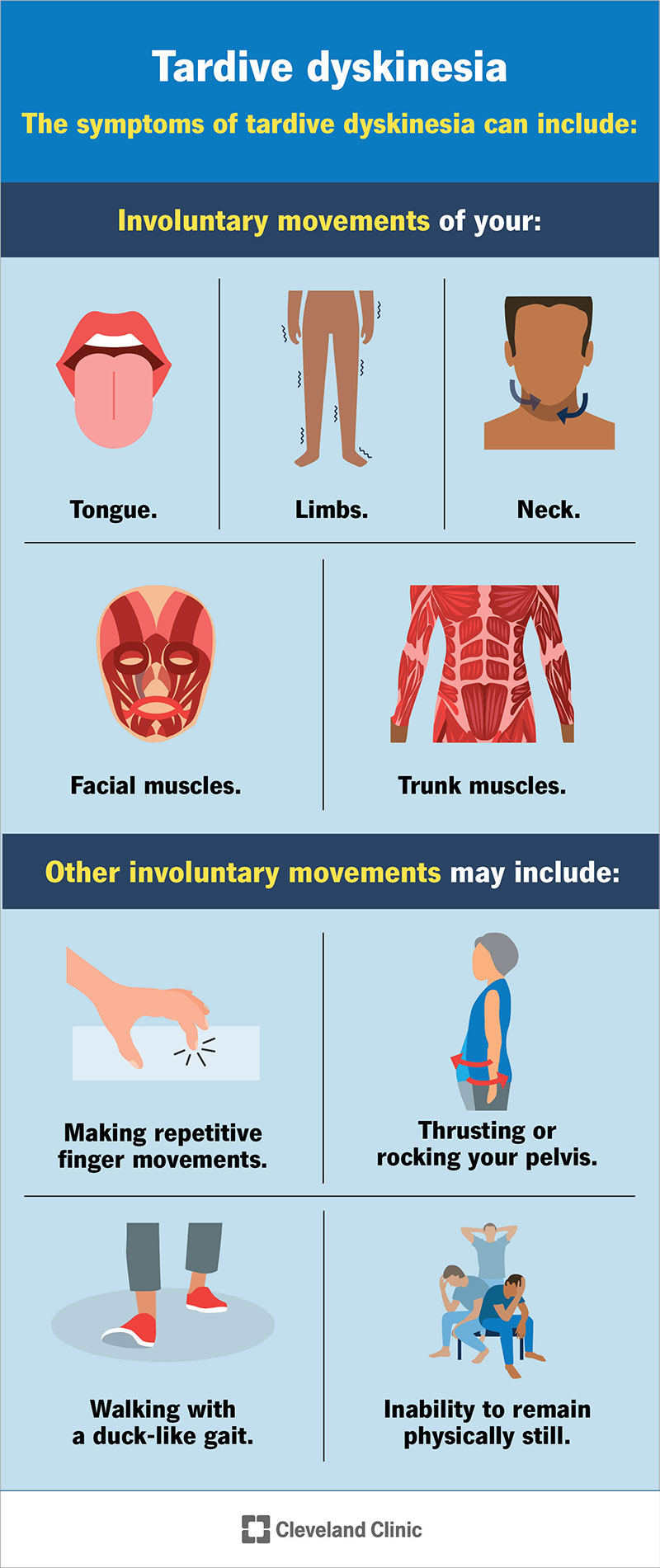Exception to client confidentiality
Required to warn if threats of harm
*Tell the client that threats of harm must be reported.
Mental HEALTH
Flexibility- ability to adapt to situations
Pressured speech
Rapid, constant flow of speech
ABCD Therapy
Triggering events, Negative emotions, Challenge beliefs
Disulfarim
Aversion therapy, alcohol abuse
Destigmatization
-Patient first centered language
-Mental health is a continuum
-Brain affected by biological factors
Deviance, Distress, Dysfunction, Danger
Comer's 4 Ds
Hallucinations
Senses
Content of hallucination
Risk for self harm
Carl Rogers
Empathy, positive regard, genuiness
Medication Error
First assess for adverse reaction
Clients rights
-Least restrictive environment
-Humane treatment and care
-Right to vote
-Informed consent
-Communication with people outside the facility, including family, attorneys, and other health care professionals
-Right to refuse treatment
-Confidentiality
First goal of therapeutic communication
Establish therapeutic nurse-client relationship.
Anger and Aggression
Prodromal symptoms
Anger is healthy feeling. Reactions can be managed.
Displacement, Rationalization, & Projection
Defense mechanism
Benzodiazepine
Short term use or acute treatment. Examples?
DSM
Official criteria for diagnosis of mental health disorders
Non-therapeutic techniques
Defending, Distracting, Disagreeing
Major Depressive Disorder
Depressed mood most of the day, nearly every day.
Anhedonia: Markedly decreased interest or pleasure in almost all activities.
Symptoms must persist for at least two weeks.
The episode must cause significant distress or impair social, occupational, or other important areas of functioning.
- The symptoms must not be attributable to the physiological effects of a substance or another medical condition. *For a complete diagnosis, a thorough assessment by a qualified professional is essential.
Mental status exam
Appearance and behavior, Mood and affect, Insight and judgement
AIMS
Abnormal Involuntary Movement Scale
Medications with movement side effects: Antipsychotics
Tardive Dsykinesia
Involuntary
Risk to self or others
Id
Freud, carnal desires
Window of Tolerance

Secondary/Vicarious Trauma
Debrief, take breaks, nutrition, counseling services
Serotonin Syndrome

